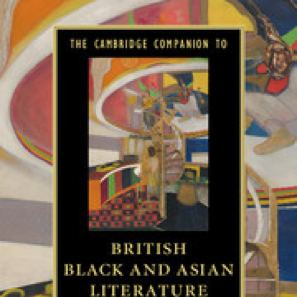In this blogpost, Dr Rehnuma Sazzad explores the the definition of ‘Home’ within migrant literatures, asking how this literary lens can help us to make sense of Britishness in the twenty-first century:
The end of Empire in the twentieth-century produced the challenge of defining contemporary Britishness. The debates and discussions regarding the colonial practices increasingly reveal that the phenomena not only challenged the coherent nature of the communities under their sway, but their traversing the Empire also impacted on the mother country’s sense of control over her identitarian narrative. One of the manifest incidents of the impact of the imperial ideas is that the shock of decolonization was directly felt in the British cultural domain. This in turn shows the critical stance the phenomenon generated towards established socio-political norms, which needed to be reorganized to reflect the changing contour of British self-identity. In an article entitled, ‘The Changing Shape of the Modern British Empire and its Historiography,’ Tony Ballantyne (2010) rounds this up:
‘Colonialism illuminates many key issues, but we must remain aware of the significance of other dynamics— whether at the local, regional, or global level—that made and remade communities during the nineteenth and twentieth centuries.’
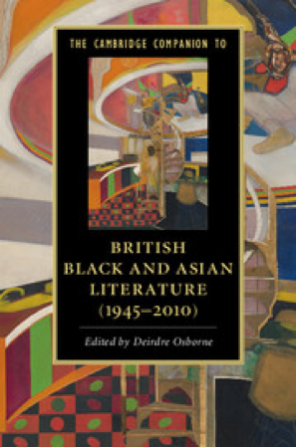
The global level of making and remaking communities is most dramatically visible on the British shore, where Afro-Caribbean and South Asian authors helped to address the changing tide of identity by expanding the idea of ‘home’ through introducing new ethos and sensibilities in Britain’s cultural arenas. The Cambridge Companion to British Black and Asian Literature (1945-2010) (2016) is one of the recent publications that offers a comprehensive account of the creative and cultural impacts, which African, Caribbean and South Asian writers have had on the evolving identitarian landscape of contemporary Britain. The book acknowledges the enormous contributions of the migrant population not only in rebuilding the post-war Britain but also in recreating it as a multicultural ambience.
If the collection shows how the British black and Asian writers demarcated their cultural belonging through enhancing English language, I illustrate this by depending on Stuart Hall’s essays in Modernity and Its Futures (1992). I elaborate how he redefined ‘home’ by emphasizing myriad different struggles about being British at present. Hall argues that our postmodern time challenges the steadiness related to our social values, political systems, and cultural identities, which has considerably disturbed the solidity of our social existence. Ironically, the decentring narrative has also encouraged the resurgence of the putatively opposite discourses of nationalism and ethnicity. This has rehabilitated a defensive stance in the UK regarding ethnic authenticity in an attempt to sieve out the supposed threats in social life. Though Afro-Caribbean and Asian communities are ethnically divergent, they are bracketed under the same ‘non-white’ category, due to their being part of the interconnected histories and traditions with the British Empire that I mentioned at the beginning. Thus, the contradictory claims of globalization make one point sharp and clear: despite our keenness to portray society ‘as one unified thing “out there,”’ it emerges ‘as a process of overlapping institutional dimensions, each with its own patterns of change and development.’ This is why Hall later argues that the stories of belonging to Britain may be smoothly accommodated into the narrative of heimat by suggesting seamlessness, though globalization impinged on its particularistic and unified representation. Since Hall (1992) suggests that Afro-Caribbean and Asian communities should translate and negotiate their multiple cultural allegiances, I will demonstrate the literary and cultural mechanisms based on which some of the prominent writers from the communities assert the heterogeneous ‘home.’ Instead of Hall’s decentred West, then, I vouch for a culturally diversified and politically progressive one.
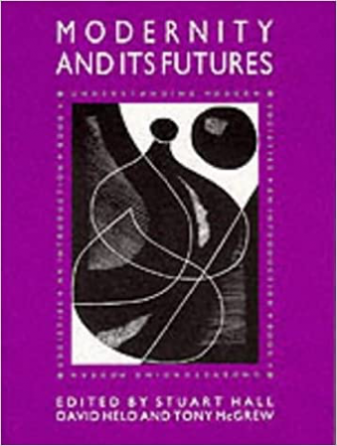
I contend that the cultural mechanism for lending colour to Britishness is enhanced by African writings. By utilizing the fictional freedom to imagine much better than historical or archival records, Andrea Levy’s The Long Song (2010), for example, renders the nineteenth-century slave narrative into a self-reflexive account. It is framed by a preamble and an epilogue by Thomas Kinsman, who is a fictional publisher. As Thomas introduces his mother July’s narrative, who was a slave born worker at Amity Hall sugar plantation in Jamaica yearning for passing on her tale to her grandchildren, there emerges a conflict between the linear story of kinship told by the son, and the metalinear story of recollection and nullification delivered by the mother. July’s unbreakably ebullient spirit projected through her musing on freedom by leaving slavery behind through uniting with her once-abandoned-but-now-successful son, paradoxically reveals how her tragedies of losing her mother and children, witnessing colonial violence, and being treated in severely degrading ways are entwined with the desires of the British colonialists to recreate their home comforts in far-flung lands. When Levy, the offspring of Jamaican parents, who arrived in Britain on the Empire Windrush, explains that she felt compelled to record ‘the clatter and the chatter of [enslaved African] people just living their lives, and building families and communities, and just doing the business of life under really appalling circumstances,’ she underpins one of the real significances of the narratives of the immigrant writers. They create inspirational accounts of life-journeys that expose the brutality of imposing one culture on another. Indeed, the novel’s adaptation for the BBC in 2018 proves that the writing’s delineation of dispossessions, acquisitions, and exchanges of postcolonial drama illustrates the critical importance of diasporic writers’ unlearning of Britain’s dominant racial image; their regenerative strength in transcending the prevalent home tradition of silencing the songs of the former salves; and their realistic contributions to the society by showing how to draw its strength from difference and tolerance.
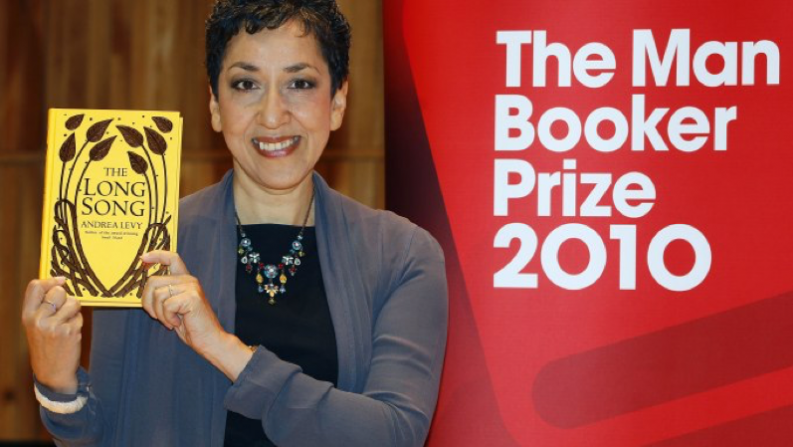
The endeavour of Caribbean authors, for example, V. S. Naipaul’s The Enigma of Arrival (2011), in broadening the horizon of ethnic encounters can be observed through literary techniques that take the readers to the realm of possibility as well as to the domain of reality. The first one circles around Naipaul’s self-discovery as a writer, which he compares with the rebirth in a migratory land. By selecting to reside in pastoral England with an Edwardian Manor House accompanied by a stream, Naipaul wants to paint his belonging to an unknown territory, albeit in words, in order to fathom the mystery surrounding his ambition of becoming its chronicler. Simultaneously, realistic details of Wiltshire convey how they feed the writer’s imagination. Both the phenomena created a declaration like this:
‘The beauty of the place, the great love I had grown to feel for it, greater than for any other place I had known, had kept me there too long. My health had suffered. But I couldn’t say then, and can’t say now, that I minded.’
Thus, the writer and the individual become one in defining ‘home’ as ‘the safe house in the wood.’
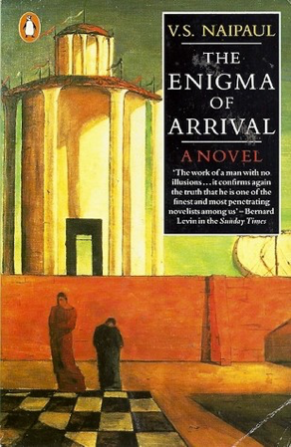
The models of belonging to multiple ‘homes’ produced by South Asian writings, for example, Hari Kunzru’s Transmission (2005), can be studied through the recognition of liberty that is realized in the diaspora. On the one hand, the narrator presents the Delhiite programming pro Arjun Mehta’s dreams of success in the American Internet bubble. On the other hand, London-bound marketing executive Guy Swift works under the pressure of projecting infinite growth. Remarkably, the fiction transcends the chaotic postmodernist din it carefully builds up through revealing without the Bollywood sentimentality it derides, why the trendy headiness makes Arjun prefer ‘to breathe the comforting hydrocarbons of home’ over the stormily ‘lungful of hydrocarbon-laced valley air’ of the biotech industry abroad. Though the opportunities arriving from the bubble dissuaded him to do so, the richly progressive view of the novelist regarding homemaking in our time lies in his handling of cultural differences in a humane way.
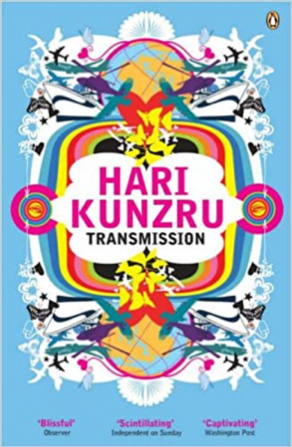
This is clearly how immigrant writers have challenged and reshaped notions of Britishness through their innovations that stake their claim to Britain’s contemporary socio-cultural and political conditions. Their inexorable gaze on the conditions endowed them with an innate understanding of the apparatus that creates the contemporary society, which they examined with equal rigour through their enabling cultural riches.
